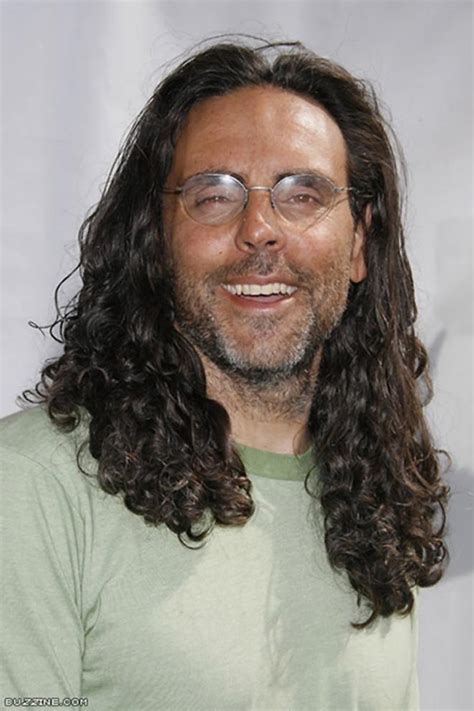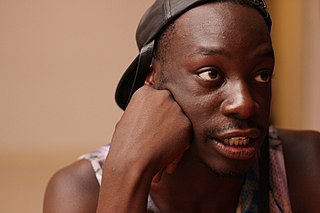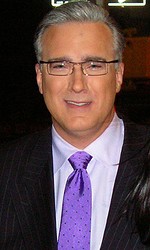A Quote by Tom Shadyac
I wasn't big in the party scene but I did have an excessive lifestyle. I had much more than I needed. I think that was a manifestation of a certain kind of mental illness.
Related Quotes
The very term ['mental disease'] is nonsensical, a semantic mistake. The two words cannot go together except metaphorically; you can no more have a mental 'disease' than you can have a purple idea or a wise space". Similarly, there can no more be a "mental illness" than there can be a "moral illness." The words "mental" and "illness" do not go together logically. Mental "illness" does not exist, and neither does mental "health." These terms indicate only approval or disapproval of some aspect of a person's mentality (thinking, emotions, or behavior).
I think mental illness or madness can be an escape also. People don't develop a mental illness because they are in the happiest of situations, usually. One doctor observed that it was rare when people were rich to become schizophrenic. If they were poor or didn't have too much money, then it was more likely.
The scene at a certain time was definitely boys; those huge warehouses were kind of violent parties, even. I think people in your immediate community made a nightlife scene that actually did break down gender roles and were along different lines of identity that had to do with race and experience in the '90s, rather than gender.
When you have mental illness you don't have a plaster or a cast or a crutch, that let everyone know that you have the illness, so people expect the same of you as from anyone else and when you are different they give you a hard time and they think you're being difficult or they think you're being a pain in the ass and they're horrible to you. You spend your life in Ireland trying to hide that you have a mental illness.
When one admits that nothing is certain one must, I think, also admit that some things are much more nearly certain than others. It is much more nearly certain that we are assembled here tonight than it is that this or that political party is in the right. Certainly there are degrees of certainty, and one should be very careful to emphasize that fact, because otherwise one is landed in an utter skepticism, and complete skepticism would, of course, be totally barren and completely useless.
I think being Canadian helps you as a journalist in America, because you're sort of on the outside watching this big party going on, and you're sort of taking mental notes as it goes on. I think if you're in the party the whole time, you don't notice it as much. And I think Canadians are very good observers of American culture.
I've never had a sustained period of medication for mental illness when I've not been on other drugs as well. It's just not something that I particularly feel I need. I know that I have dramatically changing moods, and I know sometimes I feel really depressed, but I think that's just life. I don't think of it as, "Ah, this is mental illness," more as, "Today, life makes me feel very sad." I know I also get unnaturally high levels of energy and quickness of thought, but I'm able to utilize that.
I think 2014 for me is going to give me the possibility to do even bigger things than anyone has done. I want to change the party scene - like, stop just being a DJ with lights, a big LED screen, and oh-look-at-me speakers. There's way more to a party, and I think everyone knows it. I want to make it special.

































